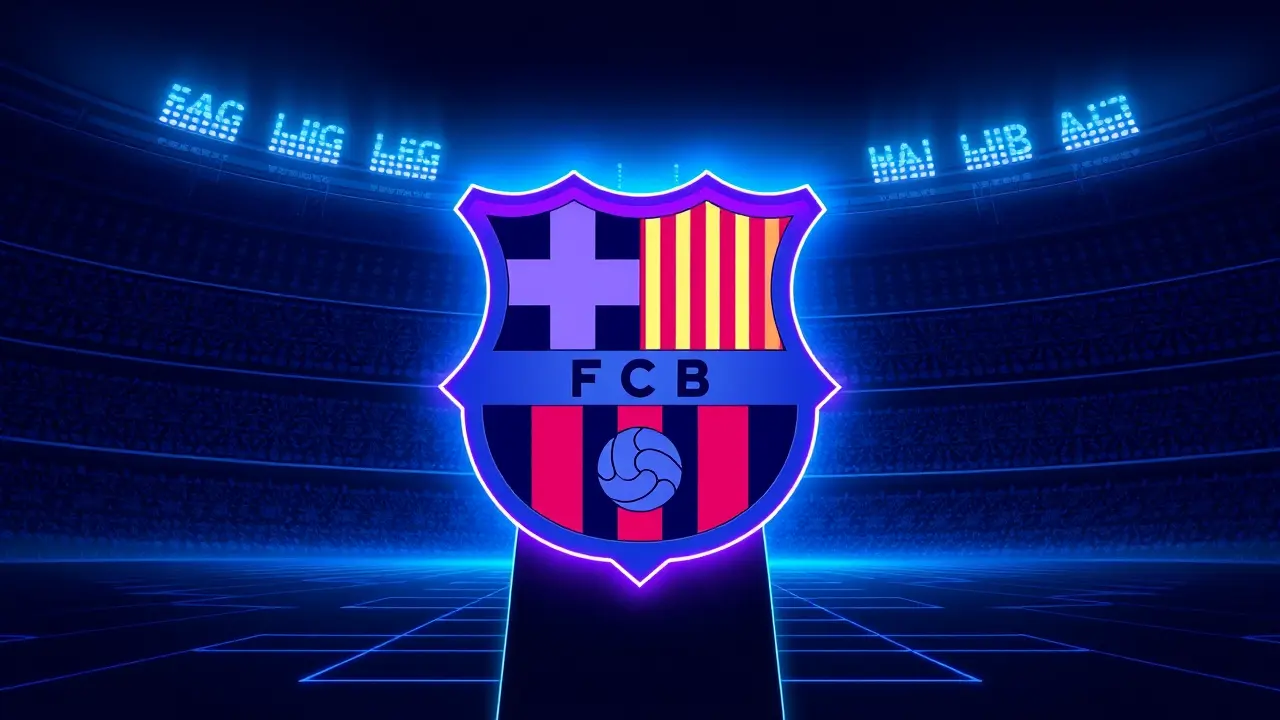Joan Laporta: Barcelona Represents Catalonia and is Inclusive.
In a declaration that cuts to the very heart of the club's enduring identity, FC Barcelona president Joan Laporta has once again articulated the profound dualism that makes this institution a global anomaly. Speaking with the conviction of a man who has lived and breathed the club's ethos through multiple tenures, Laporta asserted that Barcelona is 'very inclusive – it welcomes all manner of thinking and ideologies,' a statement that, while seemingly simple, is layered with the complex history of a club that is simultaneously the standard-bearer for Catalonia and a citizen of the world.This isn't just corporate PR-speak; it's the foundational principle of 'més que un club'—more than a club—a slogan that has guided Barcelona through dictatorship, cultural renaissance, and sporting triumph. Laporta’s comments resonate deeply in the current socio-political climate, not just in Spain but globally, where institutions are increasingly pressured to pick sides.He positions Barça as a rare entity capable of holding these apparent contradictions in harmony: a fierce, unapologetic representation of Catalan identity, language, and aspiration, while simultaneously operating as a vast, welcoming tent for a global fanbase that spans continents and cultures. To understand this is to understand why a child in Jakarta wears a Blaugrana jersey with the same pride as an elderly Culé in the Gràcia district.The club’s greatness, as Laporta so eloquently put it, lies in this radical hospitality, a philosophy that can be traced back to its founding by Swiss businessman Joan Gamper and has been tested repeatedly, from the Franco era, when the club became a sanctuary for Catalan identity, to the modern era of superstar signings and worldwide commercial ventures. This inclusive mindset extends to the pitch as well, where the club’s legendary La Masia academy has historically integrated local Catalan talents like Xavi, Iniesta, and Messi (an adopted son) into a footballing philosophy that itself is a form of universal language.Laporta’s leadership, especially during this period of significant financial restructuring, hinges on maintaining this delicate balance—leveraging the club's global appeal to ensure its economic survival without diluting the core Catalan values that give it its soul. It’s a high-wire act of governance, akin to managing a squad of elite egos, but on a geopolitical scale. His words serve as a powerful reminder that in an age of polarization, FC Barcelona’s most significant victory may not be a Champions League title, but its enduring capacity to be a unifying force, a club that truly, as he stated, 'welcomes everyone' without forgetting where it came from.
JA
Jamie Wilson123k2 days ago
sounds great in theory but idk if any massive institution can actually pull that off tbh it's a tough spot to be in
0
JA
Jamie Wilson123k2 days ago
love this but idk if it always feels that inclusive tbh
0
